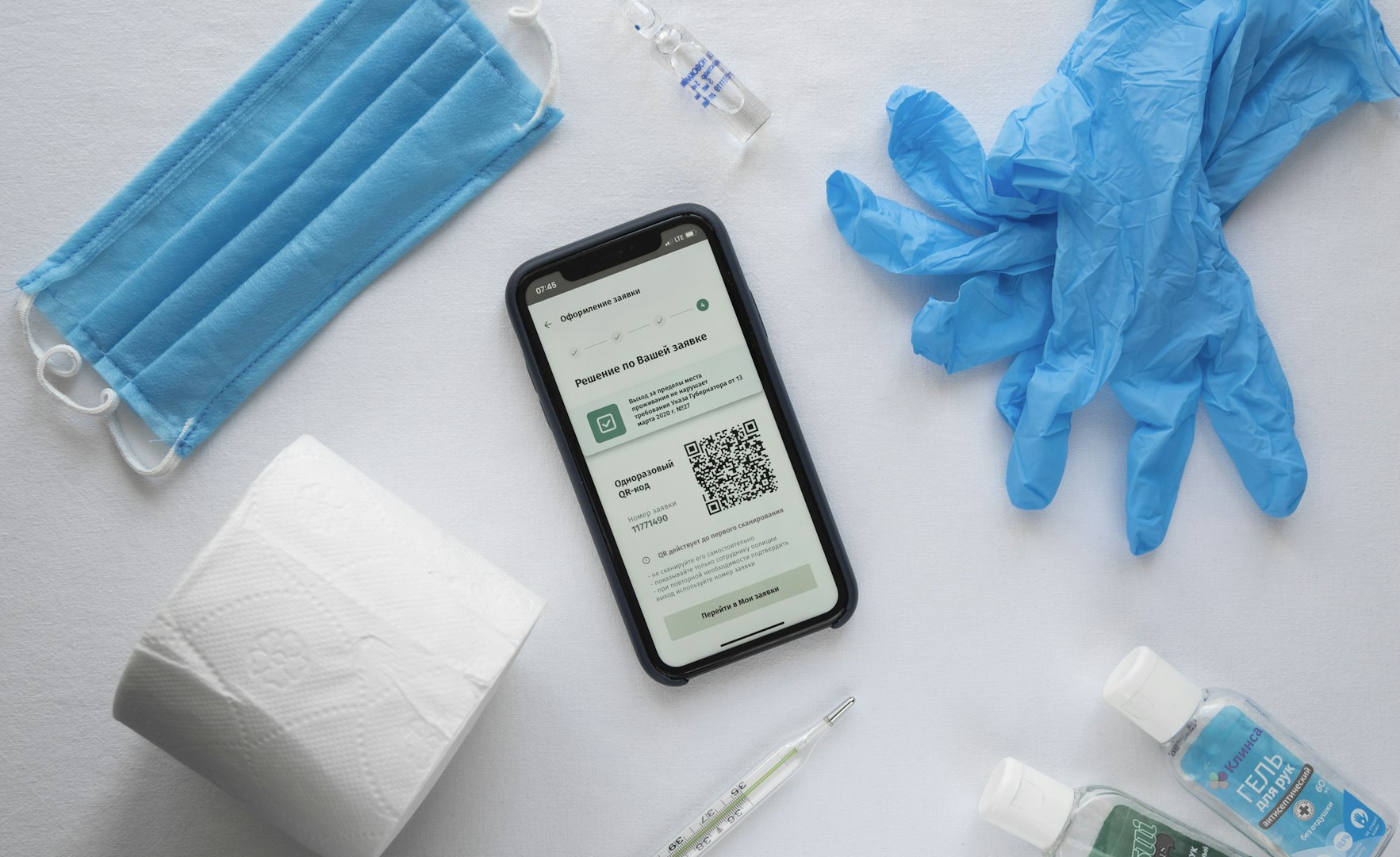
Product Life Cycle Management and Traceability
With extensive expertise and experience in the manufacturing and supply chain sectors, coupled with comprehensive turnkey technology integration capabilities, we assist our clients in implementing anti-counterfeit track and trace technology solutions that enable complete 360° product life cycle management.
Digital Product IDs are distinct digital codes designated for individual products, offering a multitude of advantages from authentication to effective supply chain management.


Excisable Beverages

Fashion Industry

Food and Beverages

Pharmaceuticals

